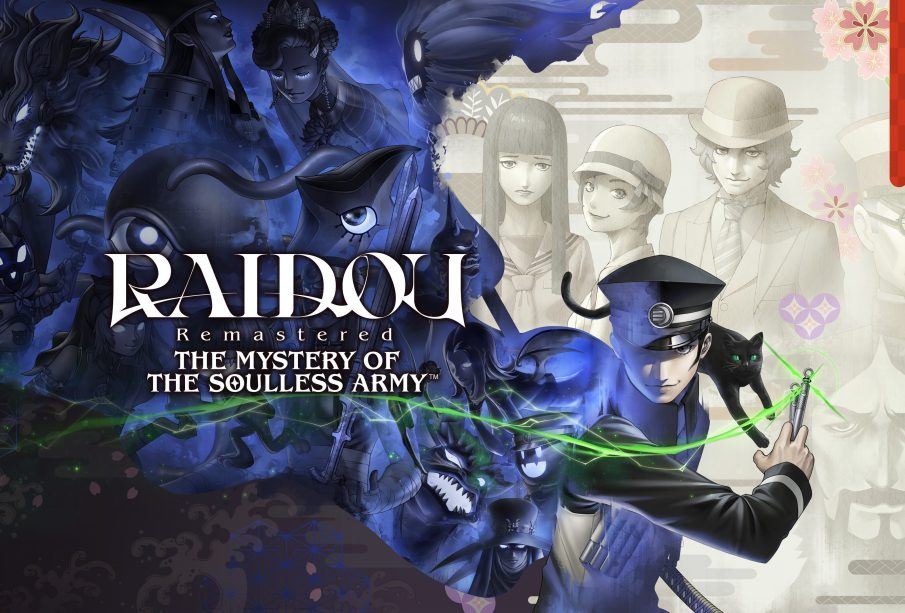The Significance of Raidou in Japanese Culture

Introduction
The term ‘Raidou’ holds a significant place in Japanese culture, embodying a blend of historical and mythological influences. Recognised primarily as an important figure in Japanese folklore and modern media, Raidou has evolved in context and representation over the centuries.
The Mythological Origins of Raidou
Raidou, often associated with the deity known as Ryujin, embodies the principles of storm and thunder. In Japanese mythology, this kami (spirit or god) is frequently depicted as a powerful figure capable of commanding natural elements. Its prominence in Shinto beliefs underscores the traditional reverence for nature and the spiritual world, providing a fascinating insight into how ancient cultures viewed their environment.
Raidou in Popular Culture
In modern times, Raidou has been reimagined within various forms of media, particularly in video games such as the acclaimed ‘Shin Megami Tensei’ series. Here, Raidou is presented as a detective who solves supernatural mysteries, merging traditional elements of the deity’s lore with contemporary storytelling. This adaptation not only preserves the essence of Raidou’s character but also introduces it to a new audience, thereby aiding in the continuation of its legacy.
Recent Trends and Interpretations
In recent years, there has been a notable increase in the interest in Japanese mythology globally. With the rise of Japanese animation and gaming industries, characters inspired by figures like Raidou have gained substantial popularity. This trend showcases the ongoing relevance of these mythological figures and their ability to resonate with younger generations, opening up conversations around cultural heritage and storytelling.
Conclusion
Raidou represents a fascinating intersection of history, mythology, and modern reinterpretation in Japanese culture. Its continued presence in various media not only reinforces its significance in Japanese tradition but also highlights the adaptability of cultural narratives in a globalised world. As audiences engage with these stories, the importance of understanding and appreciating their roots becomes increasingly vital, ensuring that figures like Raidou remain a relevant part of cultural discourse for years to come.









